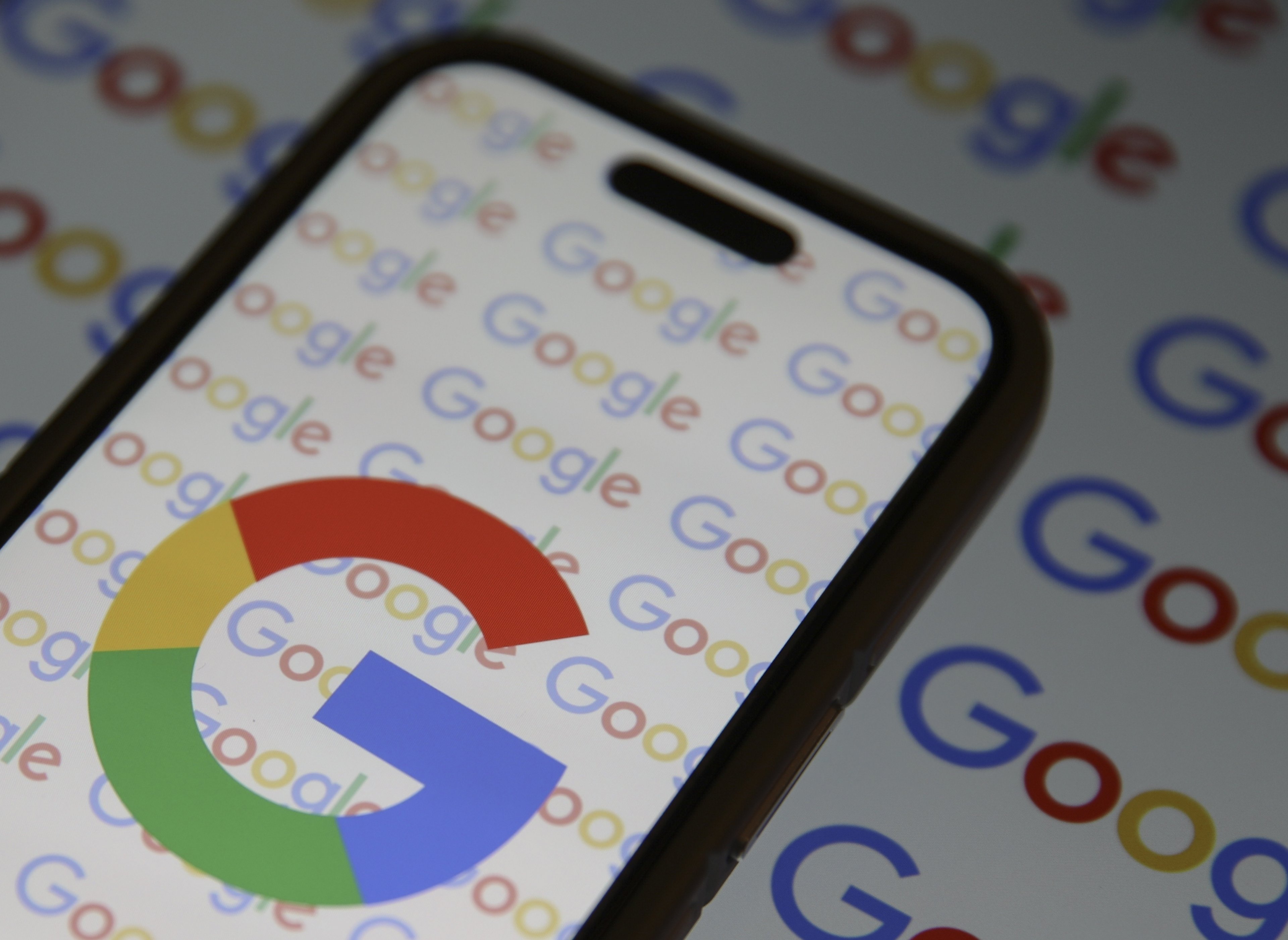If you allow it to, Google (GOOG +1.09%) (GOOGL +1.04%) has Santa-like powers to track its users.

Google's Your Timeline Source: Google
The search giant may not know when you are sleeping, but it knows where you have been. Through its Maps app, Google tracks and stores your location as long as you're signed into your account. Google calls the feature "Your Timeline" and touts it as "a useful way to remember and view the places you've been on a given day, month or year."
At face value, it may seem pretty innocuous -- a nostalgia tool like Facebook showing you what you posted on this day in previous years. But upon closer examination, it feels a little Big Brother-like. If Google stores where you have been so you can reminisce, the search giant can also access that information.
What is Google saying?
Google clearly wants people to believe that having a giant corporation track their locations (with permission, though people may not realize they are consenting in many cases) is a good thing. It makes the case for the service on its website without mentioning that it's not just storing the data for users to be able to better reminisce.
Have you ever wanted a way to easily remember all the places you've been -- whether it's a museum you visited during your last vacation or that fun bar you stumbled upon a few months ago? Well, starting today, Google Maps can help. We're gradually rolling out Your Timeline, a useful way to remember and view the places you've been on a given day, month or year. Your Timeline allows you to visualize your real-world routines, easily see the trips you've taken and get a glimpse of the places where you spend your time. And if you use Google Photos, we'll show the photos you took when viewing a specific day, to help resurface your memories.
It's all fun and games (and we're also keeping tabs on when and where you take pictures). Google is watching, but that's just fine because a year ago you went for ice cream with an old pal from high school or something similar.
How might Google profit from this?
Knowing where you've been and where you may be going has a certain value with advertisers. If Google knows you eat out with friends on Wednesday nights in a certain area or that you stop for coffee at the same time each morning, it can use that data to market to you.
That's perhaps invasive, but it also has its plus side as the search giant could use this info to serve you a useful ad, deal, or coupon at exactly the moment you want it.
Google also makes it clear that it does not share the timeline data with other users or partners on an individual basis. You also have the ability to delete a day or your full history at any time. So, if you're up to no good and heading someplace you would not want anyone else with access to your smartphone to know about, you can get rid of it. You can also remove mentions of a specific location so people won't know just how often you eat at White Castle or whatever other embarrassing choices you make.
This is invasive, but par for the course
You may think of Google as a search company, but it's really a data play. The company also tracks your search history -- both to improve its product and to better market to you.
In many ways, Google is Big Brother. If you let it, the company learns an awful lot about you and can use that info in all sorts of ways. That's great if it decides to send you a coupon for a deal at your favorite steakhouse, but it's perhaps less good if it knows to serve you Ashley Madison ads or something else equally compromising.
You can, of course, minimize much of this with privacy settings. It comes down to whether you find Google's actions creepy or a needed part of doing business that allows it to serve customers better.
The reality is probably somewhere in the middle.







